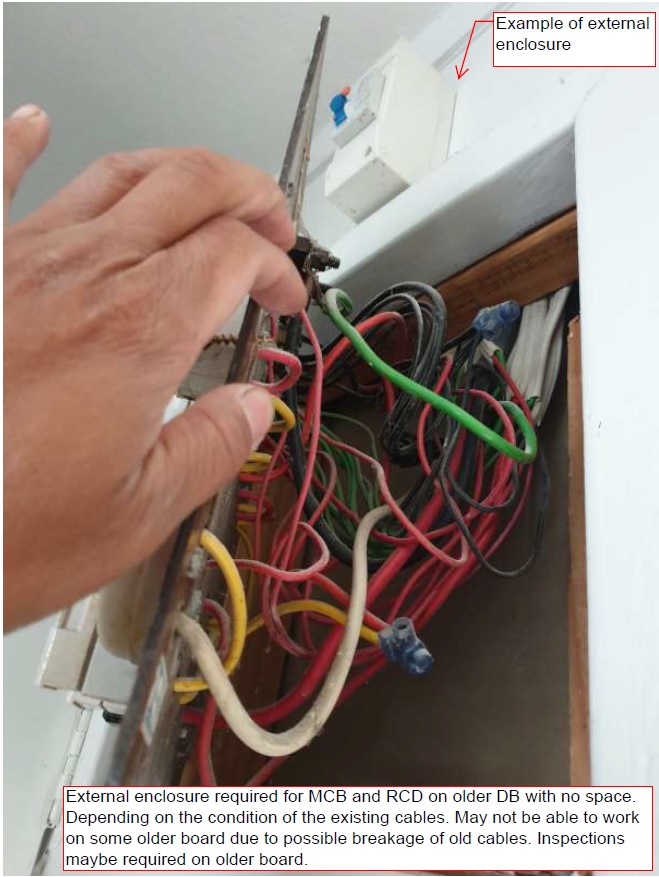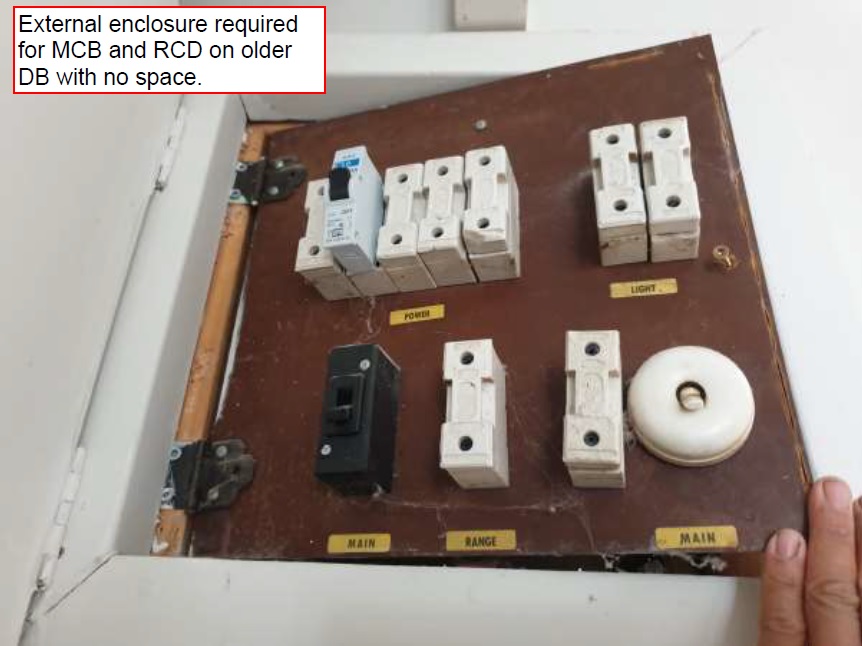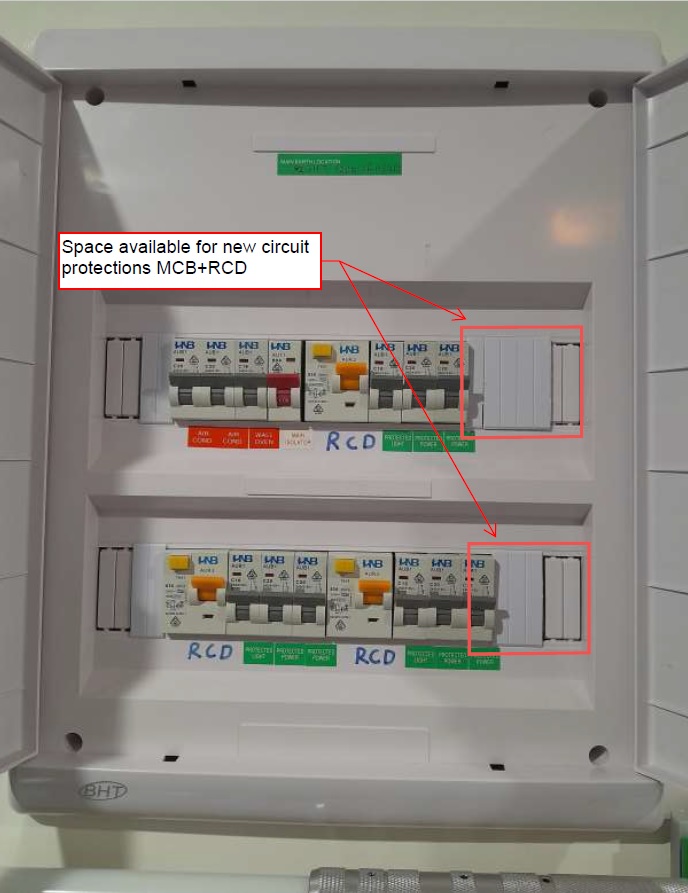Singer Electric was established in 1953 and in its near 70 years, has emerged as a leading voice in the electric vehicle industry in New Zealand.
The company was started by Dave Singer with a vision to create connected buildings and transport systems that are smart and sustainable. The vision remains even more relevant today with sustainability its core mantra.
Singer’s trusted history has worked in its favour as New Zealand ramps up adoption of electric vehicles and technology. Head of Sales Hayden Dooney says the company is the NZ value partner for global automation giant ABB, a world leader in the EV and sustainability market.
“That’s one of the greatest strengths of Singer, the longevity. People have history with us and want to work with the company,” Hayden says.
Singer operates in the DesignBuild, maintenance and software realms but the focus on electric vehicles now sees around a third of its work in this space. Hayden says they could see the overseas electric car movement would eventually land on Kiwi shores and positioned themselves to become leaders of the pack by learning first and fast. The company has gone from doing a Tesla referral every six weeks to up to 5 home instals a day in just six years.
“Singer has a willingness to diversify into those markets when necessary,” Hayden says, “we’re electricians and this plays right into this electrical field but if we’re not first, we’ll be last.”
New Zealand ratified the Paris Agreement in 2016 which came into effect in 2020. It commits our country to a 50 percent reduction of net greenhouse gas emissions below our 2005 levels by 2030. Singer has its own ambitious emissions goal as well – helping its customers reduce their annual CO2 emissions by more than one million metric tons by 2030. It’s equivalent to the annual emissions of 250 thousand combustion cars. No mean feat but Hayden says they’re on track.
“This is the amazing thing about being in this sector, you can actually make the change,” he says.
While the rise of the electric vehicle industry is a “dream” scenario for electricians, Hayden says it does present a unique set of challenges. The market is ever evolving and it’s difficult to keep up with the rapidly changing technology to the design of new electric cars. You look globally and European car manufacturers are not building any more petrol vehicles after 2025. Hayden points out we’re trying to replace fossil fuels we’ve used since the first four wheels came out. He says it’s the demand on infrastructure New Zealand in particular will struggle with.
“They say if you brought Thomas Edison out of the grave, he would still recognise the electrical infrastructure today because it hasn’t changed. Putting an EV charger in your house is equivalent to installing a new oven so you’re putting more and more load on a system that doesn’t have the capacity.”
While New Zealand lags behind the likes of Europe by around 5 years, this does have an advantage. Hayden says we can see what’s worked overseas and what hasn’t before applying it here.
Central to developing electrical infrastructure and motivating change is top down leadership and Singer has first hand experience of it. Hayden and his team are working with the Government on its goal of an emissions-free vehicle fleet by 2025/26. Singer was given a seat at the table after presenting a report to the Government in 2020, positioning itself as a specialist strategic advisor. The project’s involved developing a strategy for the roll-out of the EV infrastructure and advising on infrastructure procurement and implementation. Hayden says it’s opened doors for them.
“It’s been an amazing journey and we feel fortunate to be part of what’s happening in Wellington.”
It’s not just the Government’s big project Singer has worked on, it’s managed Asthma New Zealand’s conversion to an electric vehicle fleet and is working on Fonterra’s world-first electric milk tanker. The company has recognised that New Zealnd solar market is delvloping quickly. It’s taking a holistic approach of setting customers up on micro grids for a more fully integrated and connected system. This way, Hayden says it becomes a piece of a bigger sustainability puzzle rather than just slapping panels on a roof and walking away. Singers gold id to provide a complet energy solution.
Hayden’s quick to point out we can’t just rely on the big players to tackle our emissions. He says it’s not just down to the farmers and councils, it’s down to everyone.
“Kiwis are two-car families and we often don’t take public transport or an e-bike so there does need to be a mindset change.”
While cost remains a barrier, Hayden says we don’t need to make every change today – it’s a journey, not a race.
“On our journey, we’ve made mistakes, fallen over and given ourselves a bloody nose. Then we picked ourselves back up and learnt what we could do better.”
He says they’re proud of the package Singer now offers.
“It all comes back to our vision of a smart and sustainable future. We just want to help companies not be afraid of adopting new technology.”









